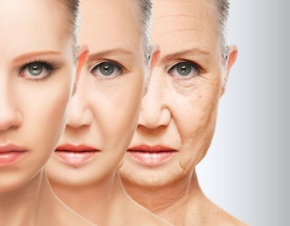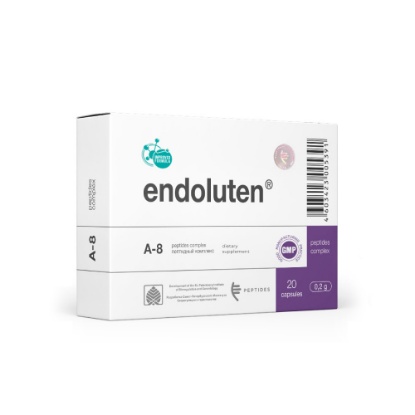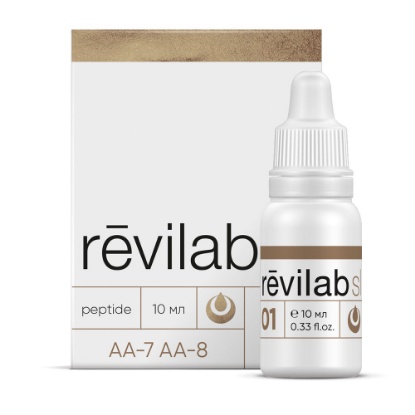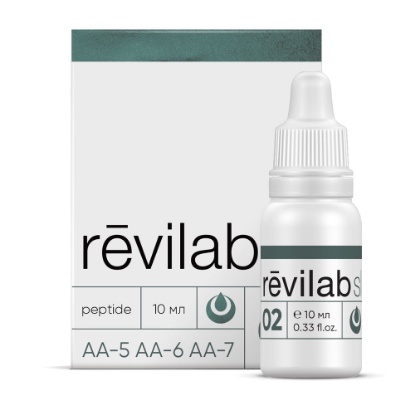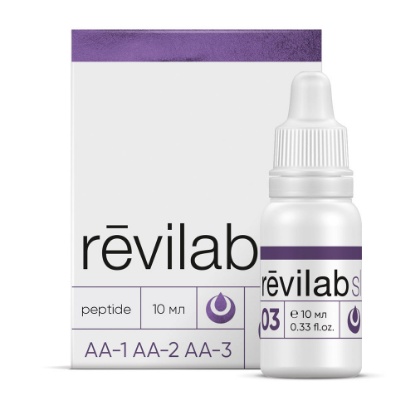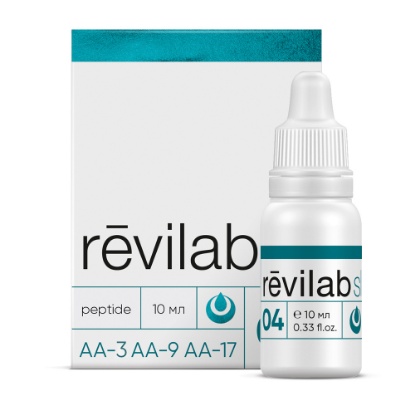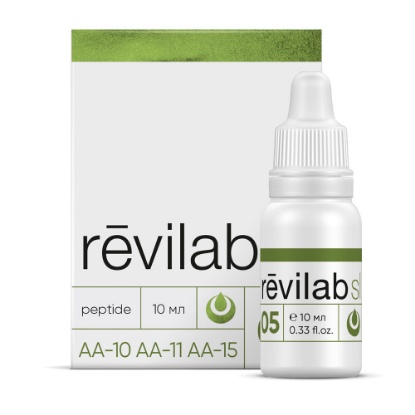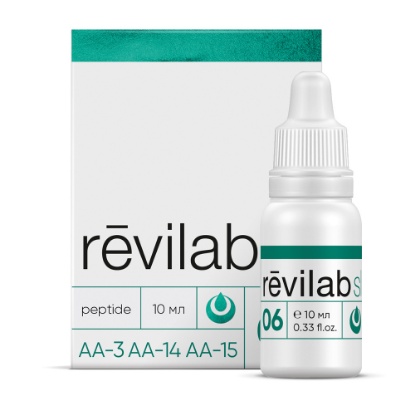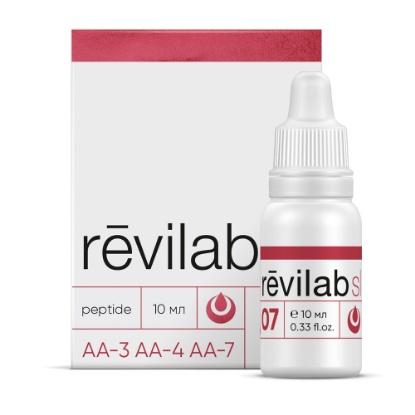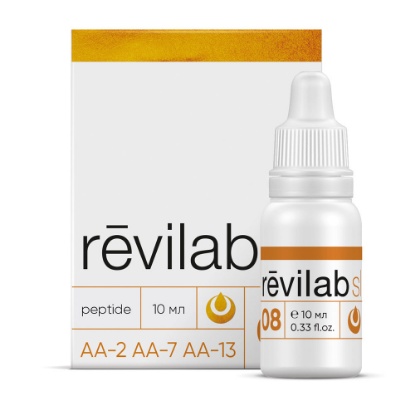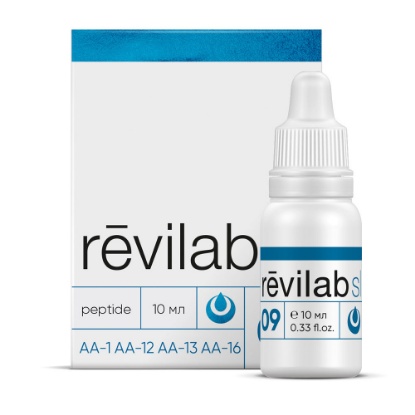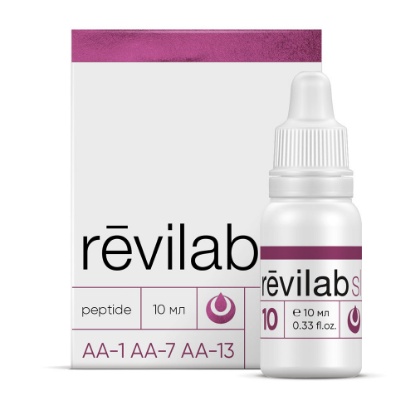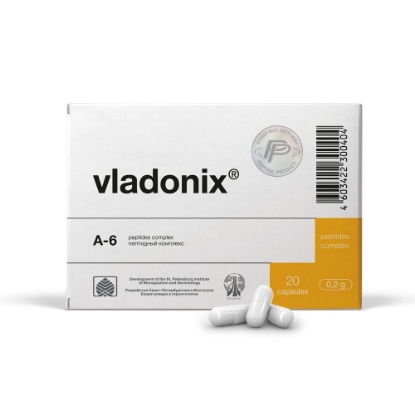We continue to answer questions regarding Peptides products, peptide and non-peptide bioregulation of the body, as well as the specifics of the action of peptide drugs.
Today we will talk about the mechanism of action of peptide bioregulators. David Amiranovich Gorgiladze, President of the Peptides company, gerontologist, candidate of medical sciences, will tell us more about it.

Our clients and consultants often ask us the question: “Will your drug help us?” Then they describe their symptoms or diagnoses.
D. G.: In order for you to use our products competently and understand in which cases they can help and in which they won’t, you need to understand how peptide bioregulators of organs and tissues work at the cell level. For this, we must remember the very first, most ancient mechanism of bioregulation, which cells possessed even when the Earth was inhabited only by unicellular organisms. In those distant times, individual cells were self-sufficient and self-regulating.
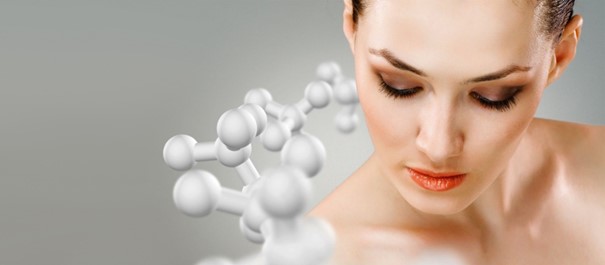
Please note that today we will talk about those peptides, which by activating the natural mechanisms of self-regulation, optimize the functioning of organs and tissues. However, there are also peptides that perform signaling functions without entering the cell. They trigger a whole cascade of reactions inside the cell by binding to receptors on its surface. Other signal peptides work as markers of aging or tissue damage. They increase the activity of monocytes, macrophages and other cells of the immune system so that they dictate to fibroblasts and reserve cells the order of organ and/or tissue regeneration. Another group of peptides controls the transport of substances and electrolytes across the cell membrane. And so on... Nevertheless, let's get back to our company's peptide bioregulators.
Based on the genetic information recorded in DNA, the cell builds its proteins. Proteins work, age and break down. Fragments of destroyed proteins - or rather, two or three strictly defined peptide chains - return to the nucleus and serve as a signal for the cell. Therefore, the destroyed pieces of the old protein become signal regulators of the work of genes and start the synthesis of new proteins similar to the precursors.
The cells of any multicellular organism (including ours) still use this mechanism to control the work of genes. However, the negative impact of environmental factors, as well as our irresponsible attitude towards ourselves (bad habits, malnutrition, and lack of sleep) destroy our proteins, and therefore self-regulation molecules - peptides. There are critically few of them, and the genes do not receive a signal about the need to synthesize new proteins, they don’t start working and “go silent”. The cell stops synthesizing new proteins, which means that it starts performing its basic functions worse and worse. Most importantly, cells stop dividing and developing.
What happens inside our body? The tissue function begins to fade. A pool of cells is accumulated that, figuratively speaking, cannot cope with the prescribed amount of work. New cells that should have replaced them do not appear, the tissue becomes dystrophic, and symptoms of the disease appear. Doctors call these diseases “age-related”, although in fact one of the main problems is the lack of peptides. If the cell is given the necessary regulatory molecules and is provided with material for the synthesis of new proteins, no “age-related diseases” will develop before the age of 70–80!

One way or another, we should understand that aging is a systemic process that proceeds with certain patterns. The foundation of the stable preservation of the organism is the normal functioning, first of all, of the neuroendocrine and immune systems. Against the background of continuous stress and disruptions of biological rhythms, these systems are the first to experience a "collapse" - a breakdown of adaptive capabilities. Moreover, the work of the adrenal glands, sex glands, detoxification, carbohydrate metabolism, antitumor immunity and tissue regeneration depend on them. When their function is disrupted, chaos develops in the body and the most “weak spots” suffer. For example, in the female body, the situation is aggravated by menopause developing ahead of time. Then - goodbye proteins, goodbye muscles, goodbye collagen of the joints, bones, vascular wall and skin. At the molecular level, with the “collapse” of functions, the picture is the same everywhere. Protein synthesis fails, and there is a sharp deficit of internal signal peptide bioregulators.
Therefore, we see that in order to restore health, it is necessary to establish normal protein synthesis in cells. Moreover, first you will have to put the work of the epiphysis, immune and reproductive systems, brain tissue and blood vessels in order. Only after that, or in parallel with this, the function of failed organs. That’s in theory. In practice, this is possible only if a healthy “matrix” is preserved in the cells for the synthesis of these same proteins. However, if the DNA molecule of the cell was initially defective, then peptide bioregulators can do little to help. Of course, they affect the operation of DNA repair (recovery) systems, but only in the case of acquired damage. Peptide bioregulators align the expression (activity) of normal genes and suppress the work of genes with defects. Now imagine that the gene has a defect. What can we do with it? Yes, practically nothing. That is why if the DNA is initially structurally broken, then the peptide will simply have nothing to properly regulate in the cells.
Here is the answer to the question: “Will a peptide bioregulator help with genetic disorders?” If there are violations in the structure of the gene, a peptide bioregulator will not help to establish the work of this particular gene. It can slightly correct the function of an organ or tissue if they suffer from the malfunctioning of a modified gene. Therefore, one should not rely on peptide bioregulation in the case of congenital genetic pathology.
What else is needed for peptide bioregulators to work? What is needed is the cell itself, alive and relatively healthy. Capable of recovery and division. If there are no such cells left in the organ or tissue, they can be destroyed by the pathological process or removed surgically. In this case, the peptide will also have nothing to regulate. Therefore, taking the Thyreogen bioregulator, for example, (these are low molecular weight peptide fractions isolated from the thyroid gland), if the thyroid gland has been completely removed, does not make sense. It is possible to regulate the work of other organs of the endocrine system with other peptide bioregulators, but one must understand that a new thyroid gland will no longer grow, and such a person must be on hormone replacement therapy for life.
Although, of course, there are exceptions. Pineal peptides increase melatonin levels in animals lacking the pineal gland. This is due to the fact that melatonin is synthesized not only in it, but also in special cells of the gastrointestinal tract, retina and skin. Alternatively, the thymus peptide continues to show effects and regulate immunity, even in cases where the thymus gland was removed. But let's not forget that these drugs are generally special and are called “central action bioregulators” for a reason.
As you understand, the resource of organs and tissues is not infinite and can be exhausted ahead of time. That is why we insistently draw your attention - do not wait for any diagnosis to be made, start using peptides IN ADVANCE, before the symptoms of the disease appear. As long as there are still healthy cells in the body, and they have the potential to recover, you have a chance for healthy longevity. In intensive care, peptide bioregulators will no longer be so relevant! Unfortunately, many of our readers do not hear us, and seek help only in the most severe, often already terminal stages of the disease.
Once again, we want to emphasize: the main focus of peptide bioregulators is DISEASE PREVENTION AND CORRECTION OF FUNCTIONAL DISTURBANCES! NOT ORGANIC!
“At what age should you start taking peptide bioregulators?”

D.G.: According to recent studies, the age-related involution of the main organs and systems (immune, endocrine, cardiovascular, nervous) begins at about the age of thirty. That is, from the age of 30, the deficiency of regulatory peptides begins to increase in the human body. It is from this age that we recommend starting taking peptide drugs. If a person has no complaints and diseases, we offer him standard schemes for express prevention of premature aging, made up of Cytomaxes, Cytogens and new generation complex peptide preparations: Revilab SL and Revilab ML.
To begin, you can conduct such a prevention program once a year. As the body ages and the deficiency of peptides grows - from about 40 to 45 - peptide complexes are recommended to be used already twice a year. After 50 or 60, when some pathological symptoms appear, we recommend that you constantly support the body with peptide bioregulators. This will help you strengthen your “weak link”, in the intervals between standard rejuvenation programs. Carry out peptide courses for additional support of a weakened organ or system.
To determine our “weak link”, you do not have to wait until something breaks in the body, or you are given a definite diagnosis. Now it is possible to conduct a preliminary genetic analysis even for an infant and immediately understand what diseases this person will be prone to throughout his life. Then you can start carrying out preventative procedures. However, of course, prevention should not be limited only to peptides, it is important to pay attention to your lifestyle as well.
Unless you sign up for a genetic test at a clinic, you can determine hereditary risks by interviewing your blood relatives. The diseases that your mothers and fathers, grandparents, brothers and sisters suffered from have a greater chance of manifesting themselves in you. It is worth paying special attention to their prevention.

So, to summarize the points above: peptides are very effective for the prevention of hereditary predispositions, of "diseases of aging", for counteracting aggressive environmental factors and increasing the duration of ACTIVE LIFE. Peptides are ineffective in genetic hereditary pathologies, in the terminal stages of diseases and in intensive care emergencies.
There are still a number of conditions - problems when a person already has symptoms of the disease, and often a diagnosis has already been made (or even a number of diagnoses), but recovery is still far away. What to do in those cases? Will peptides help, is it worth using them?
Here the result can be different and depends on the initial state of the organism. If a diseased organ or tissue still has at least a small reserve of healthy cells capable of reproduction and restoration of function, and the body itself has at least a small reserve of strength, peptides can help a person restore the lost function at least partially. Clinically, we will see a decrease or disappearance of the symptoms of the disease.
If the body's reserves are exhausted, the function will not be restored, but the use of peptides will slow down the processes of tissue and organ degradation, that is, stop the development of the disease. Clinically, there will be no improvement, but there will be no progression of the disease either. Sometimes this is already a great win!
How actively the body reacts is an individual question, because it is impossible to fully assess the reserve of cells and substrate saturation. However, there will most definitely be an effect. Therefore, the answer is quite simple - even with an already onset disease, peptides should be used, but only against the background of the drug therapy recommended by your doctor. In such situations, we in no way replace drug therapy with peptide bioregulation!
Of course, we should not expect miracles from taking one capsule! If there is already a developed disease, bioregulatory therapy must be carried out systematically, regularly and for a long time, for a year or two or three, and only then we will see a natural positive result.
We hope that in this article we were able to answer one of the most frequently asked questions of our consumers: “Will a peptide bioregulator help me, and should I take it?”. In the next articles, we will talk about the effectiveness, safety and some other features of the use of peptide bioregulators.
Stay tuned for new releases!




